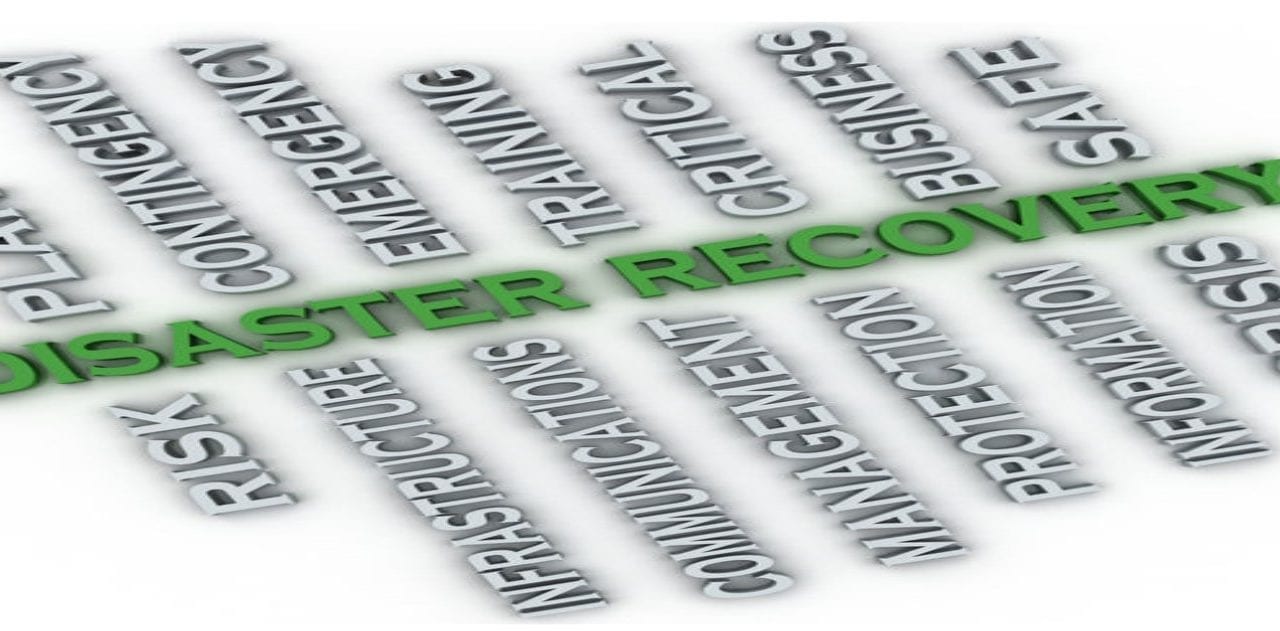You don’t have to live in Tornado Alley or a hurricane hot spot to experience the tragic reach of natural disasters.
By Michelle Seitzer
During the recent California wildfires, many older adults were unable to evacuate their homes in time because of the blaze’s intense heat and speed. The images from those fires are surreal, the stories of the victims — like this one I read about a 100-year-old man and his 97-year-old wife, married for 75 years — haunting. My sister-in-law’s grandparents just barely escaped their home in the hills of Napa before the fires swept through — and only a handful of their possessions, collected over a lifetime, emerged intact. Now, in their 80s, they are searching for a new home.
These fires come on the heels of several natural disasters with tragic outcomes for seniors. Who could forget the viral image of those women in the Texas nursing home while Hurricane Harvey battered the Lone Star state? Or the gut-wrenching headline about the Florida nursing home residents who died during Hurricane Irma? Sadly, two more residents in that home passed away after the initial headline hit the news.
But First, the Good News
In every tragic situation, there are stories of communities coming together, of everyday heroes stepping up, of people pulling through in phenomenal ways despite the hardest possible circumstances.
This post, Senior Care & Hurricane Harvey: Stories of Caregiving through the Storm, from Caring.com (a Senior Housing Forum partner), featured some of these silver lining stories from the senior care industry. Per a New York Times article referenced in the post, an estimated 4,500 residents were evacuated from over 130 Texas nursing homes and assisted living communities during Hurricane Harvey.
-
At The Village of Meyerland in Houston, dedicated staff went out in kayaks to rescue stranded neighbors, bringing them in for “compassionate support, delicious food, entertaining programs, and electricity (via a permanent generator).”
-
A caregiver with Home Instead’s Houston South and South Central offices had rented a car and still made it to the local hospital for her shift, despite her apartment and car being flooded by the rising waters.
-
Three of Atria Senior Living’s communities evacuated residents to the safety of hotel rooms in North Houston and Tyler, Texas, before the storm hit. There, a dedicated team of Atria employees, cared for the residents, providing food, water, entertainment, and support.
Never Say Never
No one thinks it will happen to them, but the reality is this: you don’t have to live in Tornado Alley or a hurricane hot spot to experience the tragic reach of natural disasters. Snowstorms and icy sidewalks can wreak havoc on senior living communities. Extreme heat, which is actually being investigated as a cause of the Florida nursing home deaths, can happen anywhere. Disasters and tragedies don’t discriminate.
Be Ready for Anything
Don’t wait for a crisis to come close to make a plan. Don’t think, “That just happens to other communities.” And if you do live in a region where hurricanes are commonplace, don’t become numb to storm or disaster warnings either.
Here, several senior living professionals share their best preparedness tips:
-
Be sure your crisis plan includes crisis communications. Every team member should know who is authorized to speak on behalf of the community to family members and media. Streamlined, consistent messaging builds trust and makes operational efforts more effective, says Erin Read, PR & Marketing Professional for the senior-focused, New England-based firm, Creating Results.
-
Practice, practice, practice. Do training and drills with staff and residents repeatedly, recommends Connie Smith, Director of Health and Wellness for Mercy Ridge Retirement Community in Timonium, Maryland.
-
Include local/city fire officials in drills and trainings. “You would be surprised: they like to be included,” says Jacqueline Burns, administrator of Alexandria Manor, a personal care home with several locations in the Lehigh Valley region of Pennsylvania. “Make sure everyone involved knows where to meet, a way to access medication and contact information, and an emergency location if you are displaced.” Call trees are important too, Burns adds.
-
Keep tabs on emergency supplies. In 7 best practices for assisted living emergency preparedness, Teri Marinko, Senior VP of Customer Engagement for Boston-based Benchmark Senior Living, says access to necessary supplies and services are critical in disaster situations. Ask these questions in advance, per Marinko: “Will there be enough food and water? Are food and water supplies kept fresh? Are there extra medications for residents who will need them? Does the facility have emergency generators, and are they checked regularly?”
-
Think about the future. Education should also include what happens after the event, says Kristen Demshock-Barth, an RN, MSN, and former long-term care DON, Supervisor, and Educator, who currently manages LTC Insurance claims. “How will you manage if your unit is shut down for a day, a few days, or is completely destroyed? How will you care for the evacuees until they can be relocated?” There is a lot of planning for what to do during the event and for removing people safely, says Demshock-Barth, but staff must also have a theory of how resident care will go on afterward. “It may involve relocation to new facilities if the event was severe, or it may involve creativity to manage a short-term situation while a unit or section of a facility is cleaned from smoke or water damage.”





